News:
- Research School, 22-25 August 2016 at Copenhagen University
Wind2050 PhD Students
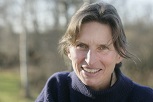
Phd project by Marie Leer Jørgensen, Copenhagen University, Department of Food and Ressource Economics (IFRO)
The main objective of the project is to analyse and evaluate the effects on local acceptance of wind power projects of the specific Danish policy measures in the Act on renewable energy (Consolidated Act no. 1330, Nov. 25, 2013). The project will in particular focus on the compensation scheme to neighbours, the co-ownership scheme and the community benefit scheme. These three schemes were adopted in 2008 with the purpose to increase local acceptance of wind power projects. There is, however, only limited knowledge about the actual effects of such schemes on local acceptance. The PhD project will analyse to what degree, how and why the different policy measures affect local acceptance of wind power projects. This will be valuable knowledge for the future development of such policy measures for renewable energy projects at national and international level. Recommendations to adjustments of the Danish measures may be suggested.
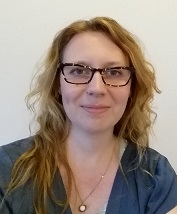
PhD project by Celine Bout, Technical University of Denmark, Department of Management Engineering
Nowadays, when developing a wind farm or wind turbine project, a lack of local or community acceptance sometimes leads to the project being cancelled or dramatically reduced in size. While these drastic consequences are felt mostly by the developer(s) of the project and, if relevant, by the landowner who is renting his or her piece of land, it is somehow difficult to extrapolate these localised phenomenons to a global and national level. What long-term consequences do the victories of apparently isolated but well-led anti-wind campaigns, or the growing uneasiness towards wind turbines of local populations that feel left out, actually have on the national and international targets set by governments in an effort to tackle one of the major issues of our modern society? The aim of this work of research is to identify and quantify this long-term effect in Denmark and Northern Ireland by using case studies of past and current projects and analyse their developments and outcomes, thus identifying patterns in the difference of levels of social acceptance per area.
This initial and crucial part of the study is the first step towards the ultimate purpose of this work: to take a step back in order to have a more global and better appreciation of the energy market, and thus be able to construct solid, well-articulated and relevant scenarios. These scenarios will be designed to guide policy-making in both selected countries over the next 30 years in their common effort to decrease their dependence on fossil fuels and other non-renewable energy sources. Scenario planning is only valid if the various components of the current situation, their recent evolution and blocking mechanisms, are deeply understood. In the case of energy-mix improvement, these components or factors are numerous, but can be grouped in four categories: those that relate to technology, those that relate to the market, those that relate to the socio-political scene, national and international, and last but not least, those that relate to the local community and its level of acceptance. The understanding of the various elements that compose those categories, and especially how they interact with each other, is the key to the creation of valid and useful scenarios for energy-mix development and improvement.
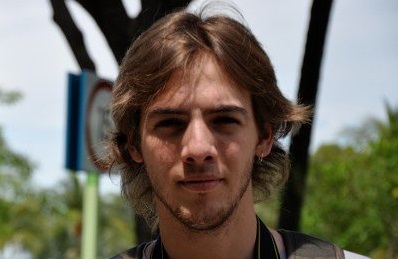
Phd project by Pablo Hevia Koch, Technical University of Denmark, Department of Systems Analyses
Wind power systems are expected to contribute significantly to Danish fossil free energy production by 2050. Despite initiatives aimed at increasing public participation and local acceptance, the results have been unsatisfactory. Nowadays, both public and private bodies continue to experience a decrease in local acceptance of wind power projects despite the initiatives applied. This has been a common issue across Europe and America, with the factors driving and influencing acceptance seemingly differing depending on economic, political and cultural context. Denmark, while having strong competences within wind energy technology and economy, lacks in-depth knowledge on what shapes local acceptance and how project planning as well as public decision-making and policy measures may reduce conflicts.
The objective of the PhD study is to contribute to the generation of a cost-efficient country-wide development path for wind energy that includes visual disamenity externalities. To achieve this, the work will be focused on extending the wind power cost curves by utilising acceptance costs for the different technology and size alternatives. It is part of the objectives of the project to determine how can the externalities on the relevant wind site projects be derived, for acceptance on wind energy turbines of varying sizes and technologies based on acceptance data-sets; and how can a cost-efficient deployment path for wind energy be derived utilising the previously calculated wind acceptance externalities in conjunction with technical cost curves.
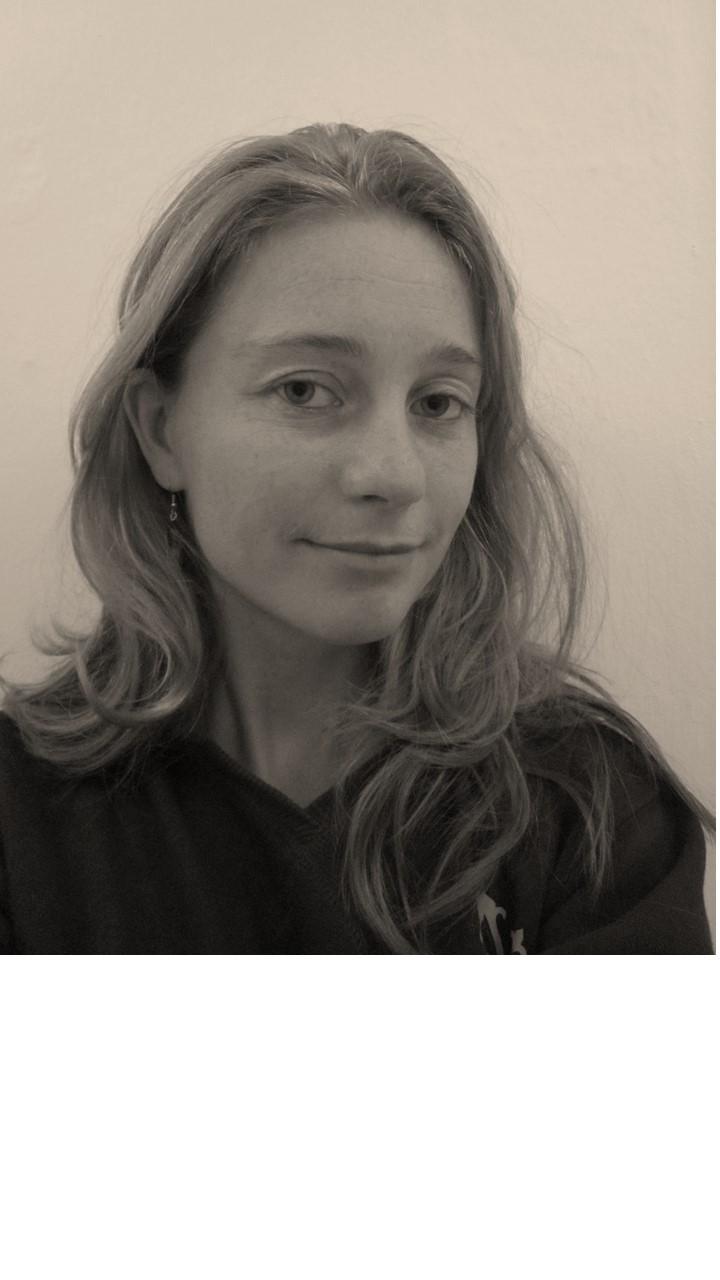
Industrial Phd project by Katinka Johansen, Technical University of Demark, Department of Wind Energy
Development of Risk Management Strategies Regarding the Public Perception of Engineering Systems: The Example of Wind Power in Denmark
Denmark has an independent ambition of being free of fossil-fuels by 2050. Wind-power will contribute significantly. But many places in Denmark there is strong resistance to wind-power. Similar tendencies are faced other places in Europe too. Focusing on public participation and wind energy the research strives to contribute with knowledge about ‘best practices’ in comparable projects nationally and internationally. The underlying dilemma of how to promote and realize the conversion to green energy technologies, while at the same time respecting citizen rights and democratic freedoms, remains an implicit philosophical, political and practical part of the research. Practical and theoretical work with stakeholder management, risk/value perceptions is pivotal. Knowledge about how to encourage and promote public motivation via strategic communications is also pursued. Overall this leads to risk management and risk minimization in relation to the implementation of wind-power projects. Ultimately research contributes to refinement of wind-power implementation strategies/project design with specific focus on public participation/acceptance.

Laura Tolnov Clausen, Postdoc
Department of Food and Ressource Economics (IFRO)
Section of Environment and Natural Resources
University of Copenhagen
Wind energy and local acceptance - Exploring stages of public response to municipal wind turbine planning in Denmark
In Denmark the government aims to increase the proportion of electricity generated from wind energy to a level of 50% by 2020. Despite the espoused potential of Danish wind-energy, high levels of local resistance are creating the possibility for slowing down or halting the trajectory for achieving the goal. The project ‘Wind energy and local acceptance - Exploring stages of public response to municipal wind turbine planning in Denmark’ seeks to examine the factors shaping the relationship between local citizens and public decision-making related to municipal wind-turbine planning, as seen from the perspectives of the citizens. The study suggest an approach that focuses on the various symbolic logics of oppositions and support, arising from the ‘fit’ between multiple local interpretations of place-attachment and wind-energy, and the way whereby such local interpretations are ‘seen’, understood and responded to in the public decision-making process. The study draws on extensive qualitative, comparative and interactive research and will be conducted within 3 communities
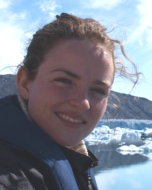
Sophie Nyborg
Postdoc
DTU Management Engineering
Technology and Innovation Management division
The socio-material shaping of wind power projects
This postdoc research project is part of work-package 1, ‘mapping and analyzing co-shaping of wind power projects’ in the Wind2050 project. The research project will explore and analyze the socio-technical configuration and characteristics of a number of cases of wind power projects in Denmark during their planning and implementation and will seek to understand the local and situated controversies pertaining to them. Comparative analyses with international experiences will also be part of the project. Initial research questions to be pursued are, for instance : what actors – both human and non-human – are associated to the projects? What interests do they have and seek to promote and how do they relate in a network? What controversies are at play? What is the socio-material history of a specific place or local community and how do wind turbine projects and plans interact with this setting?
Theoretically, the research project will draw on literature based in science and technology studies (STS) such as actor-network theory (ANT), but other perspectives such as discourse analysis may also be drawn upon. Methodologically, the project will make use of a wide range of qualitative approaches such as interviews and ethnographic fieldwork, document review, design thinking and stakeholder meetings and workshops. Moreover, digital issue mapping tools may support the mapping and analysis of controversies. Dialogue research is thus an important element in the project and the interaction and co-creation between actors such as citizens, municipal politicians and officials, wind power project developers, researchers etc. will be organized. These activities will provide valuable empirical insights as well as support the stakeholders’ ability to reflect on their situation and take action. The research and developed insights will feed in to the Wind2050 project’s overall goal of developing scenarios and strategies that can support the future implementation of wind energy and other renewable sources in the energy system.
.